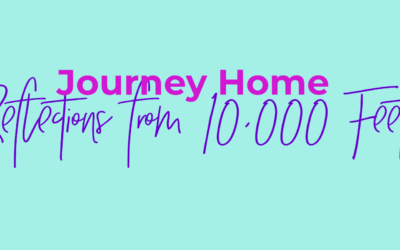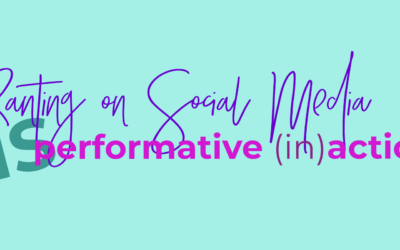When I was in high school, circa 1993 or 1994, someone did a study and they concluded that milk was bad for you. The conversations I remember having, around this study, concluded that everyone had a study for everything proving the other wrong. This was my introduction to Food Fads. Later in life, watching LA Story, I saw a glimpse of more diet trends like juice diets. The 80s, if memory serves, really gave a boost to diet trends, through my post-high school years when Atkins became popular. Now, in Foodie Culture Portland, I feel like I’m up to my ears in food fads.
I read an article in 2003 that highlighted the modifier city that Portland is when describing food. There are some foodie articles for the east coast that describe the pretentiousness of us foodies and how we dictate our meals. We want it local, organic, farm fresh, without hormones, please. We have gluten free, wheat free, corn free, and soy free varieties. We have people who prefer no milk to those who only want theirs raw. I haven’t heard much about raw food diets, lately, but there are as many arguments to eating it raw as there are to eating food cooked. Should you soak your nuts, oats, grains, or should you just get them conventionally? What is convention anyway since the last 70 or so years of our food habits have changed pretty dramatically compared to the last 300 or 10,000 given our desire for mechanization?
Food overkill. It’s mind-boggling. So much so, I recently dismissed a concern from a friend of where my vegetable came from, arguing my food club vetted it for me.
My concerns about food fads.
- Who really does the research?
- Why isn’t most of this stuff peer reviewed?
- How does this compare to the test of time – that is regional histories spanning centuries?
- Simply, why are we so obsessed?
A few friends are trying different specialty diets. A simple overview of the one is a very strict, scheduled fast designed to clean out and repair your body from years of food abuse. A friend and former roommate of mine read an Internet article around 2005 that looked at the colon. This author (website long since forgotten) wanted to take a look at the health of the American Colon. The verdict? Bad. The only people, in this author’s study, who had clean colons were the farm-boys who had consumed that which they raised, since their birth. That said, I can buy the logic by which many of these diets and studies are founded. But, I can’t buy their whole claims.
Some of these diets have one person leading the study. One diet, in particular, boasts only one author, though there have been numerous blogs promoting it. When you go to the “certified” or “legal” study though, it’s only this one doctor. For me, that’s a big red flag. Is this some vanity book she paid to promote? Who was really doing the research here and why should I trust this one author?
Which leads me to point number two about things being peer-reviewed. When you get something published, through a publisher, you get editors. Editors often challenge your presumptions and force you to back up your claims. You don’t have that same guarantee through a vanity press. My understanding of a vanity press is you simply pay to have your book published, often also paying for the marketing. When you go through a publisher, there are no upfront costs because the publisher is betting, risking, that your product will be worthwhile. So, as a part of that risk, they take care of the upfront costs in the hopes that your book will sell, paying back the costs put forth. I appreciate that gamble, no matter how commercialized our society has become. I trust the publishers’ risk.
I also trust the peer-reviewed risk. The idea behind something being peer reviewed is that it must pass the muster of somewhere between 5 and 10 of your educated peers (usually with similar Ph.D. backgrounds and lines of study), who do that editing for you. They question, they raise concerns, they poke holes in your theory. This gives you a stronger and better argument than what you started with – and often they had years of research prior to the article coming to light. So, they’ve done all this work, their peers nitpick it, and then, it passes a few more tests before it gets published in a journal. Whether you go through a publisher for a book or an article in a journal that has been reviewed by your peers, both avenues utilize group wisdom to get closer to a truth.
So, we’re still obsessed with food, and many are trusting single-sourced diets. Do they stand the test of time? Milk is now popular again (thanks Dairy Council of America). Veganism was in vogue 5 years ago, but it’s no longer cool. What is the right food path? What is sustainable?
Related articles
- For the Love of Food (michellelasley.net)
- Cooking (michellelasley.net)
- A Food Club Beginning (michellelasley.net)
- Brown Study: Dairy consumption does not elevate heart attack risk (news.brown.edu)




0 Comments
Trackbacks/Pingbacks